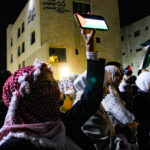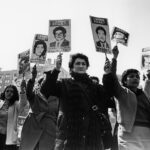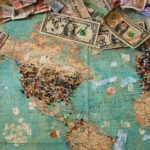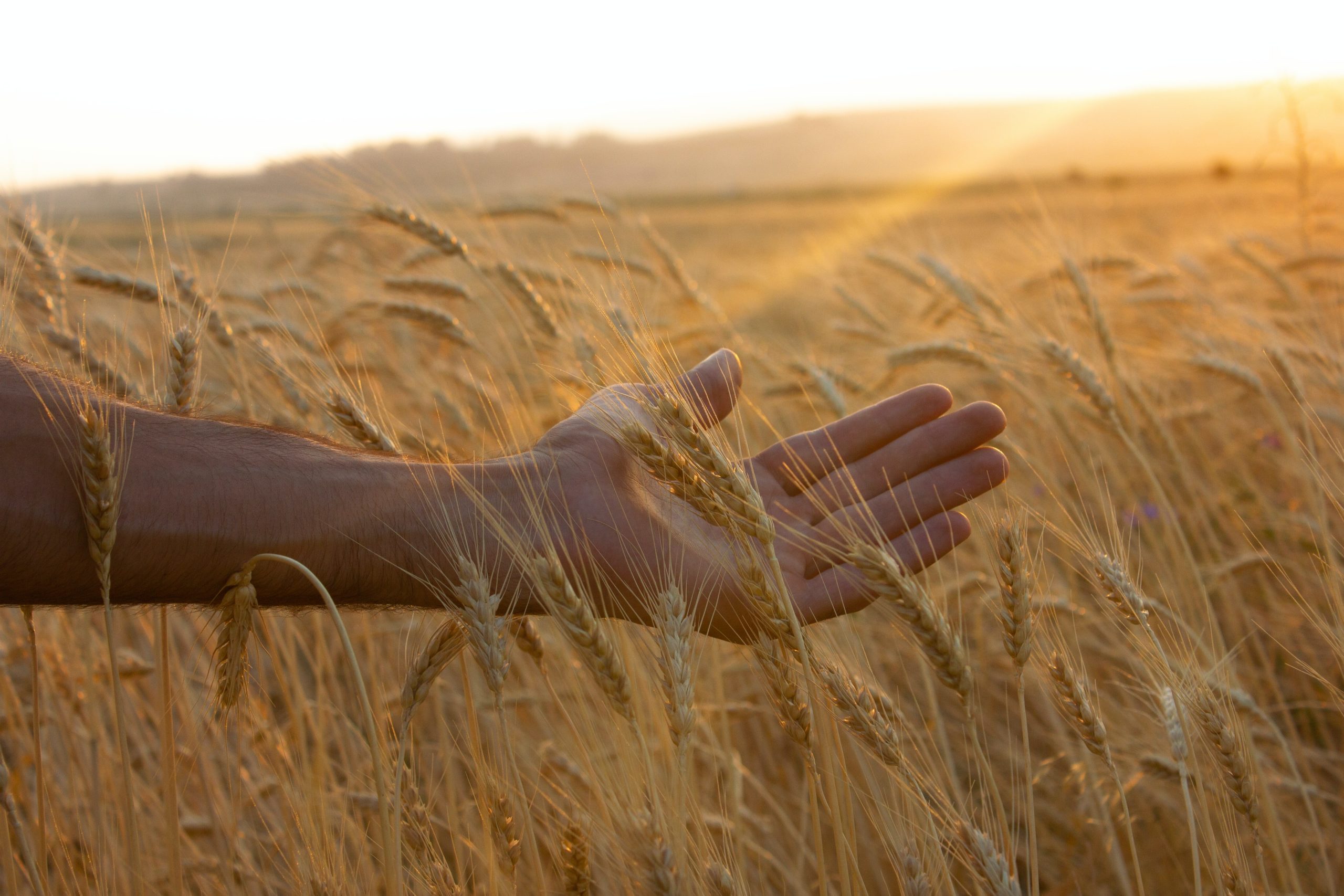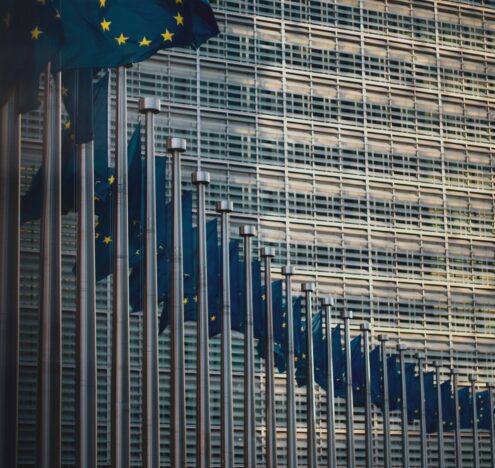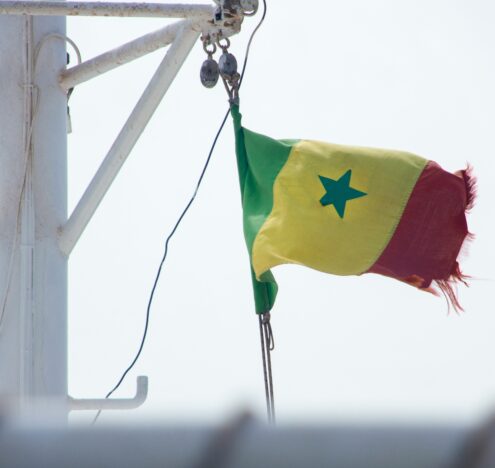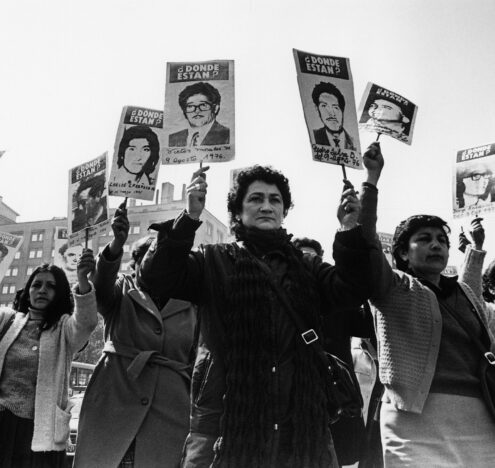For the Democratic People’s Republic of Korea (DPPK) — where 10 million people are already considered food insecure — the coronavirus pandemic has exacerbated the pre-existing food shortage that has continued since the devastating typhoons (and consequent crop failure) that hit the country last year. With border closures that caused an 80% loss of trade with China (trade with China makes up 90% of the DPRK’s foreign trade), North Korea’s national economy continues to shrink from its 8.5% loss in 2020.
In June, the Food and Agriculture Organization reported that North Korea “could experience a harsh lean period” with a shortage of around 860,000 tons of grain for its citizens. In fact, in a rare instance, a pro-DPRK newspaper reported that a separate agenda for addressing the “Immediate Food Crisis” was discussed during the Third Plenary Meeting of the Eighth Workers’ Party of Korea in June, while North Korean leader Kim Jong Un acknowledged that the food situation was “getting tense.”
Nonetheless, aid to the country is yet to be delivered.
Seoul and Washington have both spoken of the potential for providing humanitarian assistance in the form of food aid to the North, given the “opportunities” it will present for future dialogue. That is, North Korea is expected to reciprocate to foreign aid by responding to calls by foreign actors and participating in international security talks. Building trust through various avenues of cooperation is indeed a pillar of diplomacy. Yet, turning humanitarian assistance into a quid pro quo affair becomes a different matter. Such rhetoric of leveraging aid as a means to another end, not an end in and of itself, questions the morality of diluting humanitarian aid. What, then, is the point of providing diluted humanitarian aid?
BEHIND THE SCENES OF HUMANITARIAN AID
There is a culture of suspicion and hesitancy when it comes to providing humanitarian aid to the people of an authoritarian regime, one that weighs the costs of unintentionally aiding the regime against the benefits of aiding the citizenry. Yet, the essence of humanitarianism lies in the united belief in the value of human lives. If a state were to claim that it is committed to providing humanitarian aid, the priority must stay on the goal of protecting human life. This does not mean concerns, such as the concern over the diversion of resources by authoritarian states that are indeed valid, should be disregarded. Rather, it calls for these questions to be considered when discussing the how of assistance, not the whether. It necessitates the depoliticization of humanitarian duty.
The constant linkage of humanitarian aid with political negotiations hurts the credibility of the US in its messaging capacity, and that’s why the DPRK has shown mistrust in US-sourced assistance.
The consequences of neglect in a time of crisis have been the most devastating for ordinary North Koreans. The DPRK regime is said to take 60–70% of the harvest for state distribution, and state-sponsored rice distributions to citizens have fallen short of needs. As one DPRK official put it, how could they provide food when “national and military rice stores [are] empty”? Citizens are then left to turn to the market for unsatisfied needs. Yet, a local source revealed that despite below-market prices of rice, countless families are still unable to purchase food while witness accounts obtained by Human Rights Watch confirm UNICEF’s prediction that mortality and malnutrition rates will worsen this year.
Nonetheless, the international community has already been turning away. In 2019, the UN reported that only 27% of its fundraising goal to assist 3.8 million people out of the 10.9 million in need was reached, funding only 13% of the fundraising goal to provide food to targeted populations. Medical experts Jeongyoon Kim and Kee Park analyzed that an underestimation of 1,122 to 2,772 deaths caused by starvation and vitamin A deficiency in the DPRK in 2019 could have been prevented if aid targets were met. Despite the unavailability of national statistics for the past two years, we can only assume that the lack of aid worsened circumstances during the COVID-19 pandemic and is exacerbating the number of deaths preventable through aid.
HOW THE US HURTS ITS OWN CREDIBILITY
Moreover, the constant linkage of humanitarian aid with political negotiations hurts the credibility of the US in its messaging capacity. A recent article published by the DPRK Ministry of Foreign Affairs addressed this very issue, claiming that behind US “humanitarian assistance” lies an “ulterior intention of…achiev[ing] their sinister political scheme.” When we begin to regard and discuss humanitarian aid as a strategic asset, our proclaimed collective values lose credibility.
While the DPRK has shown mistrust in US-sourced assistance, this does not mean that they are against accepting foreign assistance. Analysts say that the state’s public acknowledgment of the current food crisis may be setting the stage for soliciting external aid, as reports have also revealed the state has been accepting assistance from China and Russia, albeit minimal. Hence, it is possible for the US to provide aid to those who need it most specifically by cooperating closely with international humanitarian actors.
Despite consistent calls from various UN agencies for support on humanitarian aid to the DPRK, the US has not made contributions to collective aid efforts since 2017. Further, bureaucratic challenges and delays in receiving appropriate approval for sanctions exemption (as granted by the UN to humanitarian projects) from the US government have hampered the efforts of independent US humanitarian actors.
To bridge verbal commitment to humanitarianism with real progress, experts suggest easing travel restrictions to the DPRK and streamlining sanctions exemption processes to allow humanitarian organizations to deliver aid in a sufficient and timely manner. Most importantly, the US must respond to the UN’s calls for support toward humanitarian assistance to the DPRK. US participation will effect similar contributions from allies (and reverse campaigning by some allied nations against aid) and help chronically underfunded UN-led humanitarian initiatives reach their goals for successful delivery of aid to the North Korean people.
Viable options have already been laid before the US. What is left is to accept and enact.
CAUTION IS IMPORTANT BUT SO IS AID
Caution in every action is necessary in today’s foreign policy climate. Yet, we reveal our priorities in the issues we pursue with boldness. Though the primary argument against sanctions relief and the provision of aid to the DPRK has been that current circumstances are the result of the state’s own policy decisions, consequences should not be paid by those who were and continue to be excluded from decision-making processes and state priorities. If it were genuine with its humanitarian values and intent, the US must act on its commitment to human rights by responding to the UN’s calls for delivering food aid to the humanitarian crisis in the DPRK. And this begins with abandoning the belief that providing humanitarian aid with no preconditions equates to heavy costs for US negotiating teams.
Humanitarian aid is rooted in the belief in the universal value of human life, aiming to protect lives regardless of political convenience.
We must keep humanitarian aid humanitarian.
Joanne Seoyoung Lee is a senior at Cornell University who was previously a research intern at Stimson Center’s 38 North Program. She also leads the bilingual youth nonprofit, Passionfruit.










